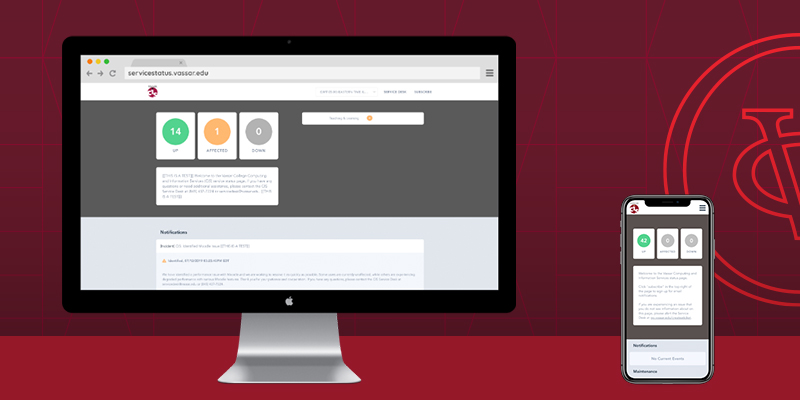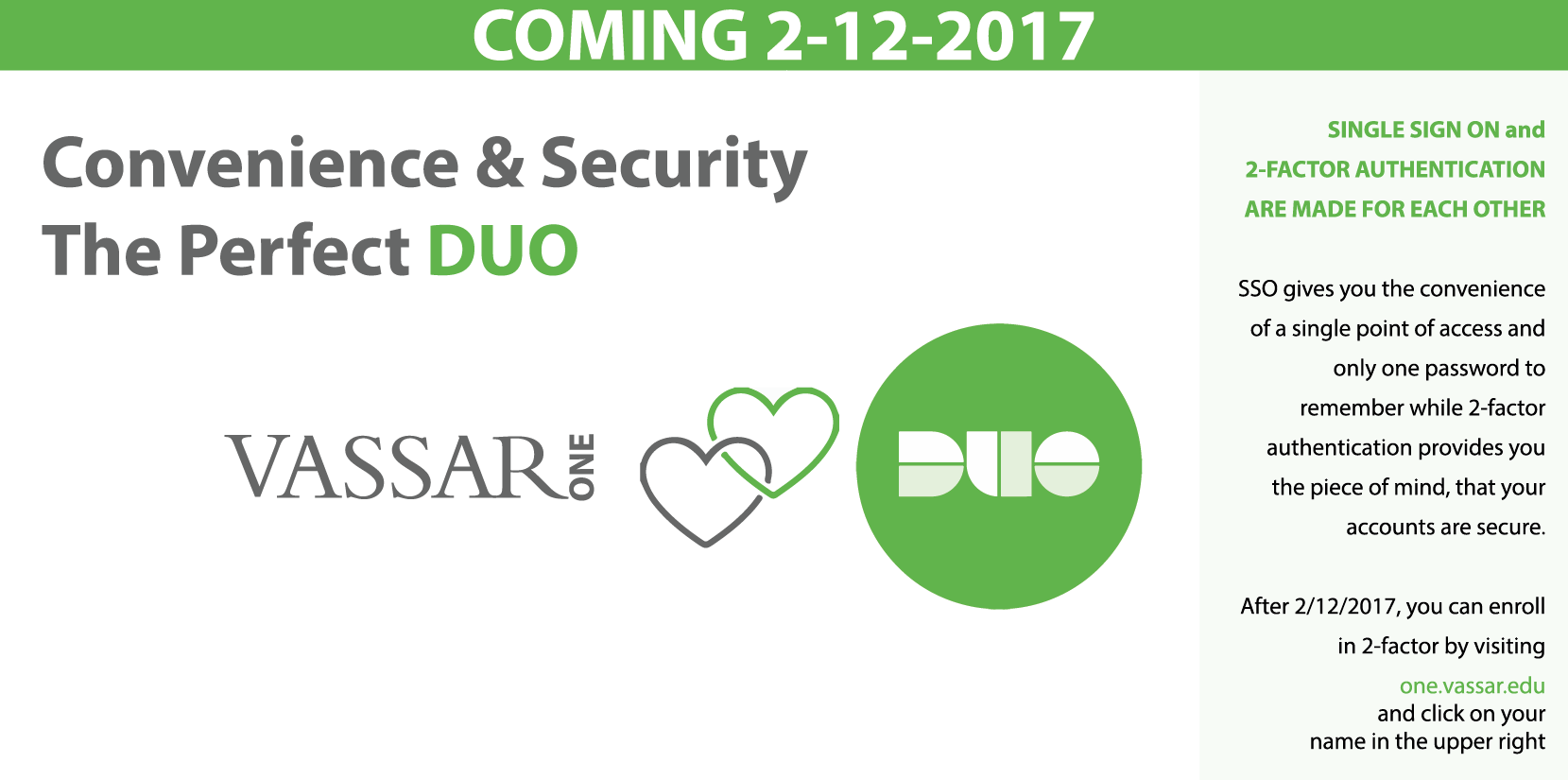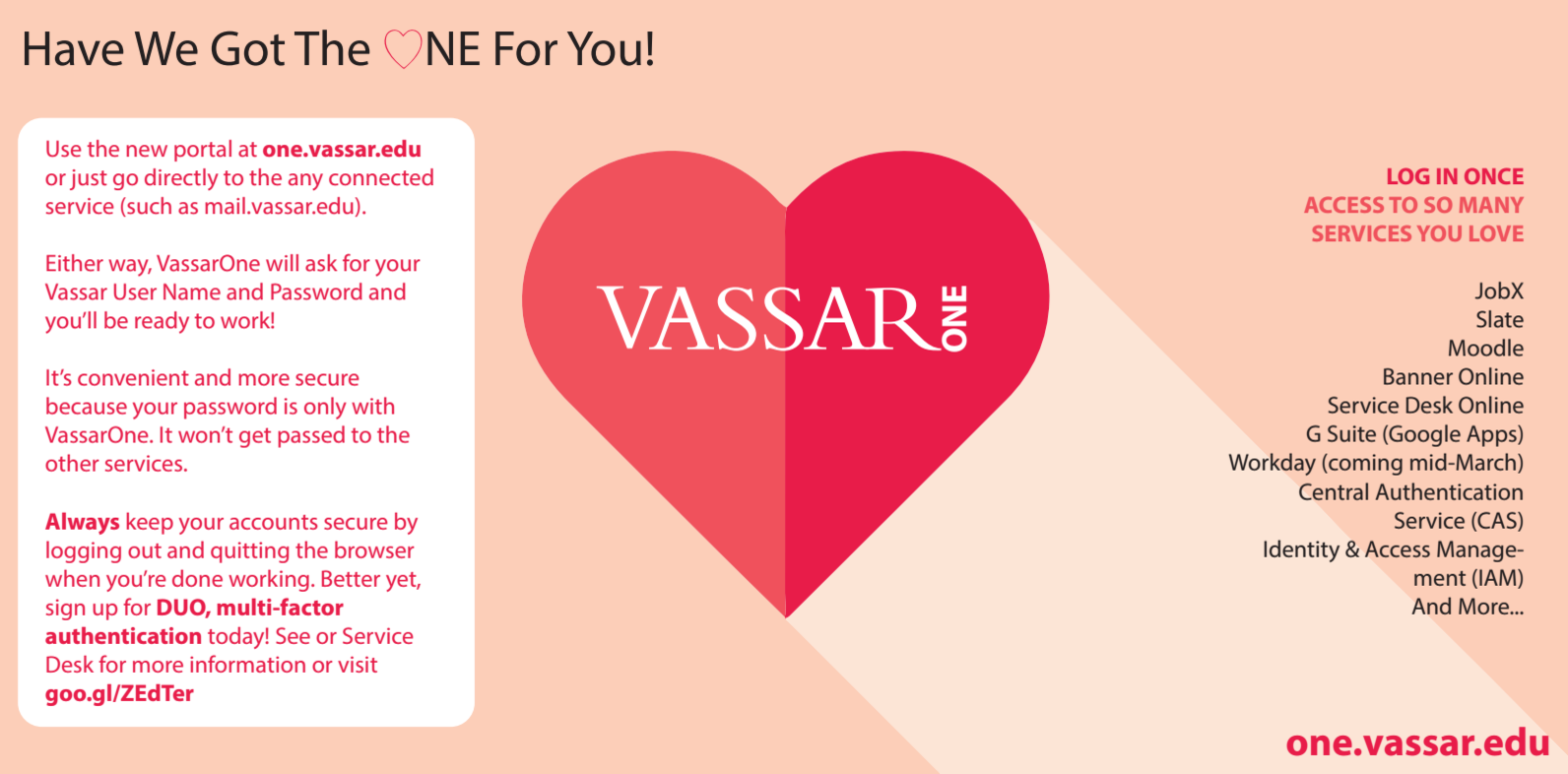In the last two days Catch of the Day has received multiple reports of suspicious email messages claiming to be from Vassar personnel. All of these messages came from gmail.com, not from vassar.edu. The messages ask the recipient one of the following:
- What is your cellphone number?
- Reply quickly; it is urgent and I need a favor
- Are you available?
If you receive one of these messages, please email it to catchoftheday@vassar.edu and then delete it. If you engage the sender, it will lead to a fraudulent financial transaction in which you may have funds stolen from you.
These emails are from a criminal who is trying to steal money by impersonating Vassar employees and targeting people within an individual’s department or organization. The criminal tries to convince the recipients to purchase one or more gift cards and send back the redemption codes. This is a common scam based on existing trust relationships among employees. Remember to always double-check the “from” and “reply-to” addresses in email to verify the sender. It is a good practice to contact the purported sender through a known phone number, or create a new email sent to the person’s vassar.edu email address to ask if the original request was authentic. Also, if these messages are discovered in a Spam or Junk folder, it is reasonable to assume that the message is not a valid request from a Vassar College community member.
The reports we received specifically targeted department heads and supervisors. The incoming email addresses were blocked as soon as they were brought to our attention, in order to prevent additional communication from the criminal.
Thank you for your attention and thank you as always for your timely reporting! The diligence from our community members keeps all of us at Vassar College safe and secure.


